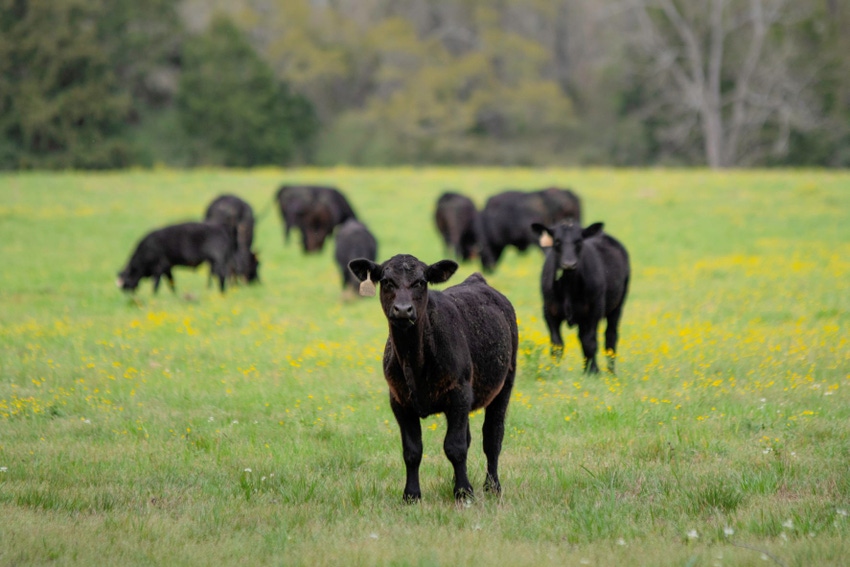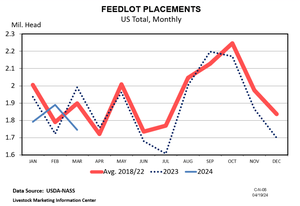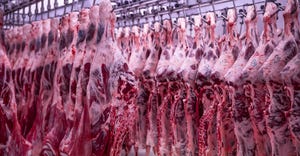With the $650,000 funding from USDA NIFA, researchers will study ways to make sure embryos thrive in cattle uteri.
March 15, 2022

Florida's ranchers raise 895,000 head of adult beef cattle, a sector that directly contributes $511 million in sales revenues to the state and supports an additional $215 million in sales revenues for other industries throughout the state's economy, according to the most recent estimate by University of Florida Institute of Food and Agricultural Sciences researchers.
A University of Florida scientist and his colleagues are trying to help ranchers produce beef more consistently by helping them improve their herd's reproductive performance.
"We anticipate finding tools that beef producers can use to increase pregnancy success in cow-calf operations," says Mario Binelli, a UF/IFAS assistant professor of animal sciences. "Because reproductive efficiency is key to competitive beef cow-calf operations, new strategies and tools generated through successful completion of our proposed research are expected to contribute directly to long-range improvement and sustainability of U.S. agriculture and food systems."
Binelli recently received a $650,000 grant from the USDA's National Institute of Food and Agriculture to study ways to make sure embryos thrive in cattle uteri.
He will get help on the research project from Philipe Moriel, an associate professor at the Range Cattle Research and Education Center and Peter Hansen, a distinguished professor in Gainesville.
One main reason why female cattle don't reproduce well is they can't grow embryos, and therefore, maintain a pregnancy. Most cattle reproductive failure happens during early gestation because the uterus is not receptive to embryos.
"We need to define the nature and abundance of molecules present inside the uterus when a pregnancy succeeds," Binelli says. "We're testing whether cattle are more or less likely to become pregnant, based on how the uterus works and what's inside it. With such evidence, we hope to generate non-genomic markers to better identify and select high-fertility females in beef herds."
When UF/IFAS researchers are done with this four-year project, scientists globally may use the new data to research such factors as the influence of breeds, season, stress, lactation, synchronization strategies, nutritional strategies and energy on the uterine environment and its ability to support pregnancy.
Source: University of Florida Institute of Food and Agricultural Sciences, which is solely responsible for the information provided, and wholly owns the information. Informa Business Media and all its subsidiaries are not responsible for any of the content contained in this information asset.
You May Also Like



